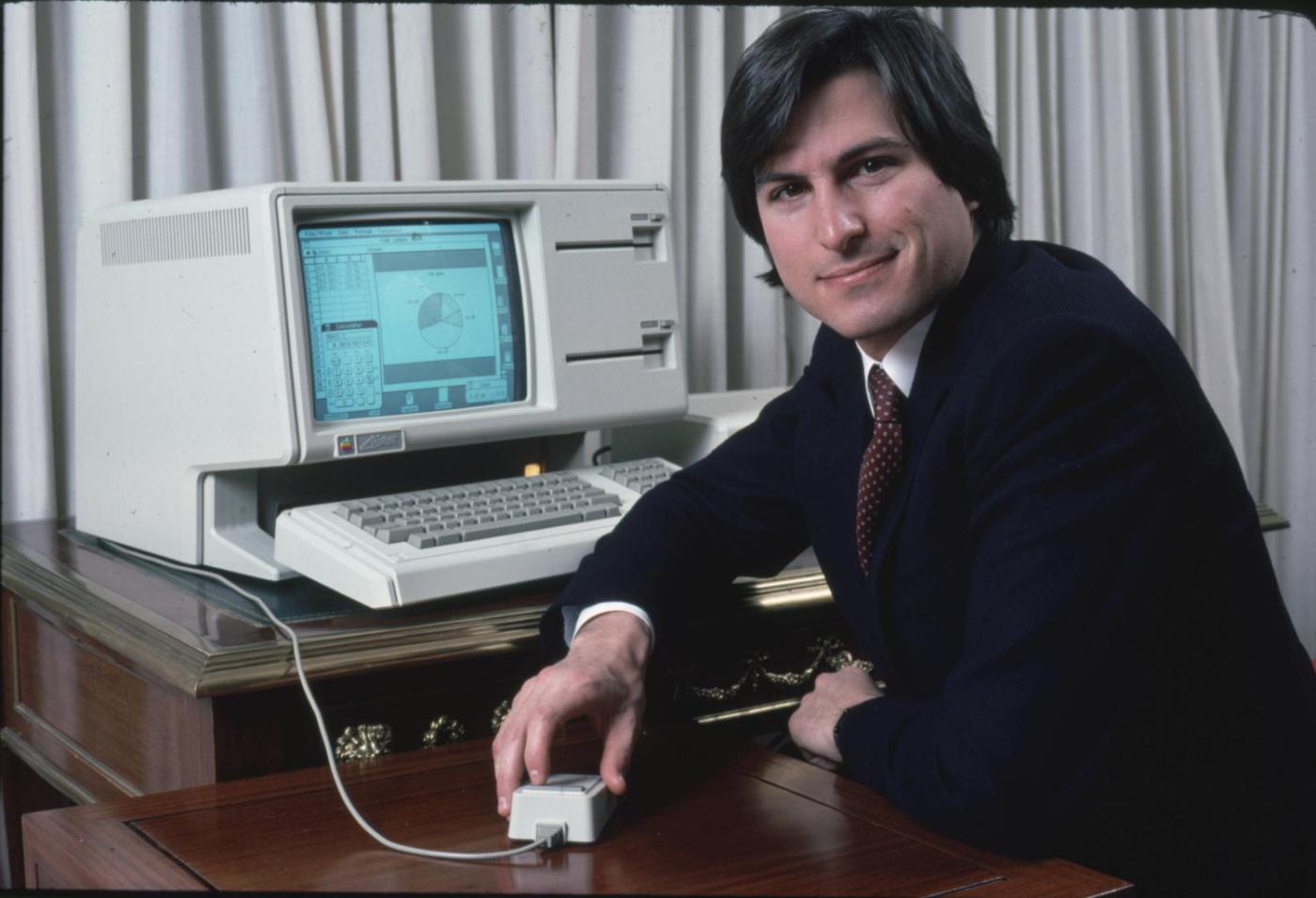
When it comes to the personal shortcomings of those we idolize, we have long looked the other way. But Small Fry, a book out Sept. 4 from Lisa Brennan-Jobs, reminds us that even those doing great work on a grand scale owe kindness and warmth to those closest to them.
Throughout the book, Brennan-Jobs, daughter of the late Apple CEO Steve Jobs, reckons with her father’s mercurial behavior toward her and her mother, Chrisann Brennan. Those seeking groundbreaking news about Jobs will be disappointed. However, her stories help complete a picture of a man idolized by many in the technology world, who has also been known to have had severe shortcomings in his personal life. While he showed Brennan-Jobs and her mother flashes of love and admiration, he could also be downright hostile toward them — not physically, but certainly psychologically. (Others in the book, including Brennan-Jobs’ mother and Steve Jobs’ now-widow, Laurene Powell Jobs, don’t emerge unscathed either.)
Among the most famous examples of Jobs’ cruelty toward Brennan-Jobs — and one that becomes a leitmotif through the book — is his recurring denial that he named the Apple Lisa, a computer that predated the Macintosh, after her. Brennan-Jobs clearly struggled with that through her childhood, perhaps because it so awfully mirrors Jobs’ longtime denial that he was Brennan-Jobs’ father at all. “28% of the male population of the United States could be the father,” Jobs infamously told TIME in 1982 when asked about a paternity test conducted as part of a child support suit. (For the rest of his life, Jobs would unpredictably alternate between frugality and lavishness with Brennan-Jobs and her mother, in what comes across in the book as a form of psychological warfare.)
Jobs repeatedly denied naming the Lisa after Brennan-Jobs, first to his daughter and then to Powell. He even went so far as to claim it was named after an old girlfriend, which Chrisann Brennan denied as the hogwash it so clearly must have been. But as Brennan-Jobs tells it, Jobs finally admitted the name’s provenance during a lunch with musician Bono. What’s left unclear is whether Jobs was finally ready to admit the truth to his daughter, or simply didn’t want to look like a jerk in front of the world-famous U2 frontman.
Bono asked my father about the beginning of Apple. Did the team feel alive, did they sense it was something big and they were going to change the world? My father said it did feel that way as they were making the Macintosh, and Bono said it was that way for him and the band too, and wasn’t it incredible that people in such disparate fields could have the same experience? Then Bono asked, “So was the Lisa computer named after her?”
There was a pause. I braced myself — prepared for his answer. My father hesitated, looked down at his plate for a long moment, and then back at Bono. “Yeah, it was,” he said.
I sat up in my chair.
“I thought so,” Bono said.
“Yup,” my father said.
I studied my father’s face. What had changed? Why had he admitted it now, after all these years? Of course it was named after me, I thought then. His lie semeed preposterous now. I felt a new power that puled my chest up.
“That’s the first time he’s said yes,” I told Bono. “Thank yo for asking.” It was as if famous people needed other famous people around to release their secrets.
Small Fry certainly contains stories some close to Jobs may have wanted to remain private, or remember differently. “Lisa is part of our family, so it was with sadness that we read her book, which differs dramatically from our memories of those times,” said Powell Jobs in a statement. “The portrayal of Steve is not the husband and father we knew. Steve loved Lisa, and he regretted that he was not the father he should have been during her early childhood. It was a great comfort to Steve to have Lisa home with all of us during the last days of his life, and we are all grateful for the years we spent together as a family.”
But Brennan-Jobs’ book is far from any kind of character assassination. By the story’s end, the author comes to something resembling peace with her father, regardless of how much she clearly struggled to understand him as a child and beyond. An inclination toward forgiveness — deserved or otherwise — is evident throughout the book, as is Brennan-Jobs’ skillful writing and wit. And, given that Silicon Valley still suffers from delusions of hero worship (see: Musk, Elon) it’s an important reminder that changing the world doesn’t entitle anyone to treat others like lesser beings.
More Must-Reads from TIME
- Caitlin Clark Is TIME's 2024 Athlete of the Year
- Where Trump 2.0 Will Differ From 1.0
- Is Intermittent Fasting Good or Bad for You?
- The 100 Must-Read Books of 2024
- Column: If Optimism Feels Ridiculous Now, Try Hope
- The Future of Climate Action Is Trade Policy
- FX’s Say Nothing Is the Must-Watch Political Thriller of 2024
- Merle Bombardieri Is Helping People Make the Baby Decision
Contact us at letters@time.com